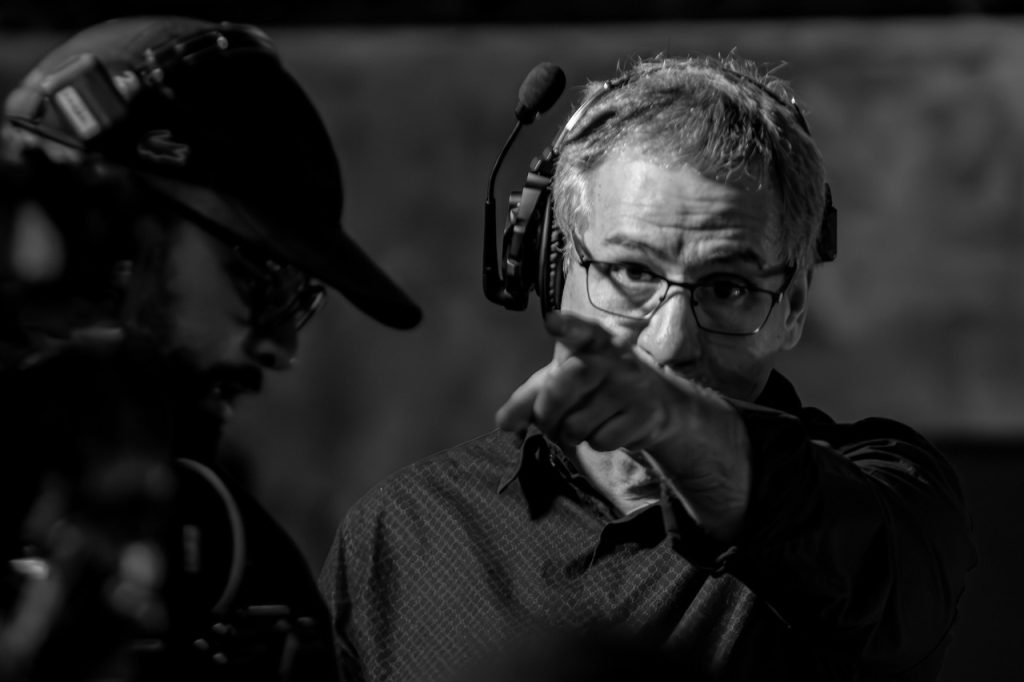
-Who is Walther Neto?
Walther Neto is a director with a slightly different background. He began his career as a pianist in the evenings in São Paulo, with classical and jazz training. He accompanied great artists at an early
age in concert halls and musicals, and as he had training in conducting and composition, he soon began to enter the world of theater productions, TV and Cinema, first as a producer and then his universe expanded as his passion for other areas began to emerge, first lighting, then cameras, photography, audio engineering, and production and in a few years he was already directing Documentaries,
recordings of Operas, in Brazil and Eastern Europe. The musical facility to compose, orchestrate, record, have the equipment to capture, lenses, and the fact that he had control of production and
post-production, with an audio and finishing studio within his company, plus knowledge in other areas always facilitated his productions, opening the door to the study of screenwriting, and the
path to feature film direction. Narrative, the use of photography and music as a language of expression, and today he works on his productions as a director and composer, often as a screenwriter too,
and is always close to the director of photography so that he can have the artistic tools to tell engaging stories.
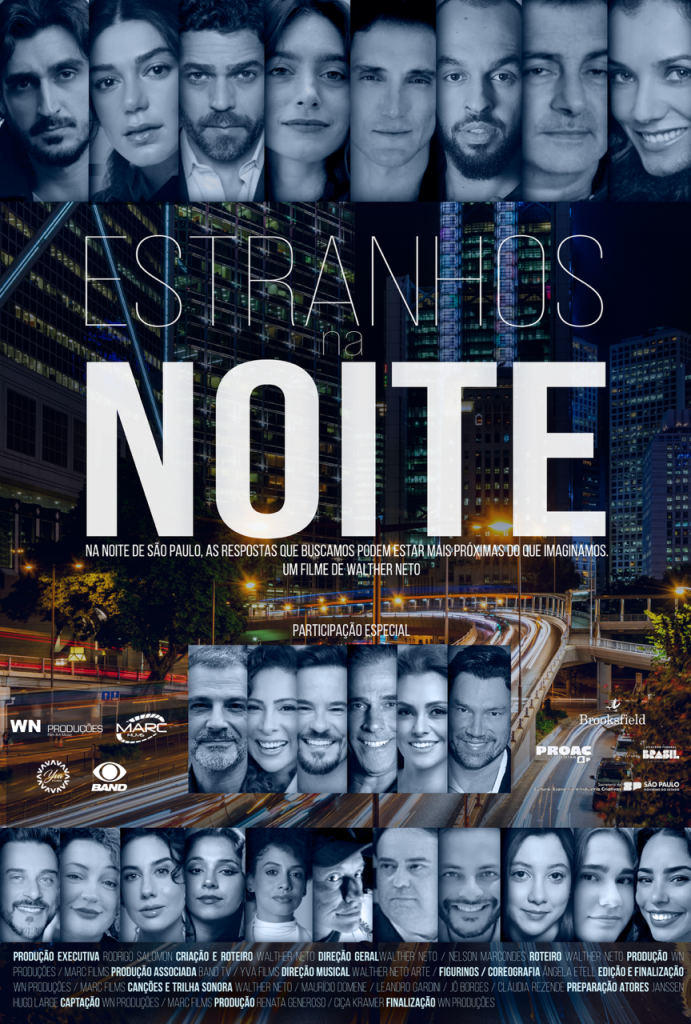
-Do you remember the exact moment you fell in love with cinema?
We had an 8mm camera that made bad home movies, as well as a camera that I got from my parents very early on, and the universe of movies was always magical, but understanding that this path would lead me to where I am today, only after getting to know the universe of TV, cameras in the early 90s, and then looking at 35mm cameras and wanting to start creating within another language was taking shape, then it
was time to start a career in documentaries and then films. I still shot on 35mm at the end of the 90s, but the world of digital cinema was just around the corner, and I ended up moving on to digital cameras, which was almost everyone’s path, but I studied traditional cinema a lot, language forms, because that doesn’t depend on the camera used.
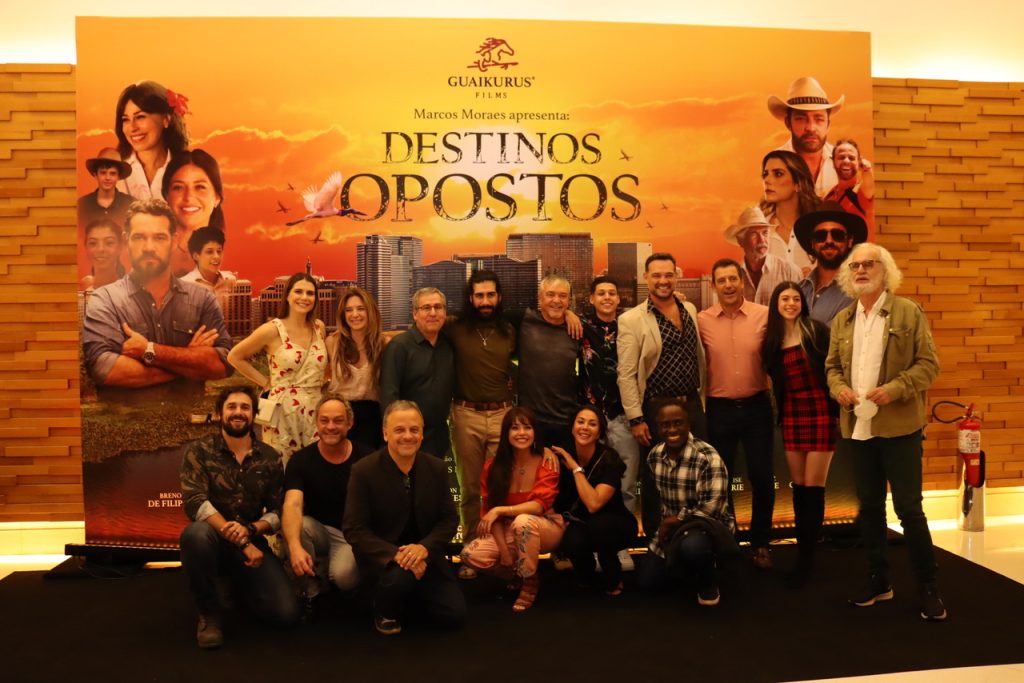
-Tell us about your project “The Painter”.
The Painter began as a composition of mine for trio, piano, cello and clarinet. It described the process of an artist from his creation to the end, when the painting is already on the canvas, the painter in
front of the canvas and his feelings, this was the inspiration for the composition. Soon after, I was able to record with the musicians and I thought I could record the process and talk about the act of creation,
which is very similar in many artistic areas, it is solitary and complex. So I invited a visual artist, Fernanda Rodante, who had already done some of our theatrical work, in the area of costumes, and
is an artist who is making a name for herself in Brazil, with a characteristic of striking features in her work, so we made an appointment in our studio in São Paulo, and for 6 hours, and with the music being her inspiration, she created the painting from scratch? We used two Sony 35mm Digital cameras recording in 4K with fixed 35mm and 24mm Cine lenses, and at the end of last year we started editing, finalizing and at the beginning of this year we finished the project, we made the introduction color with a text that describes the meaning of the work, and this is the result. that you’ve seen.
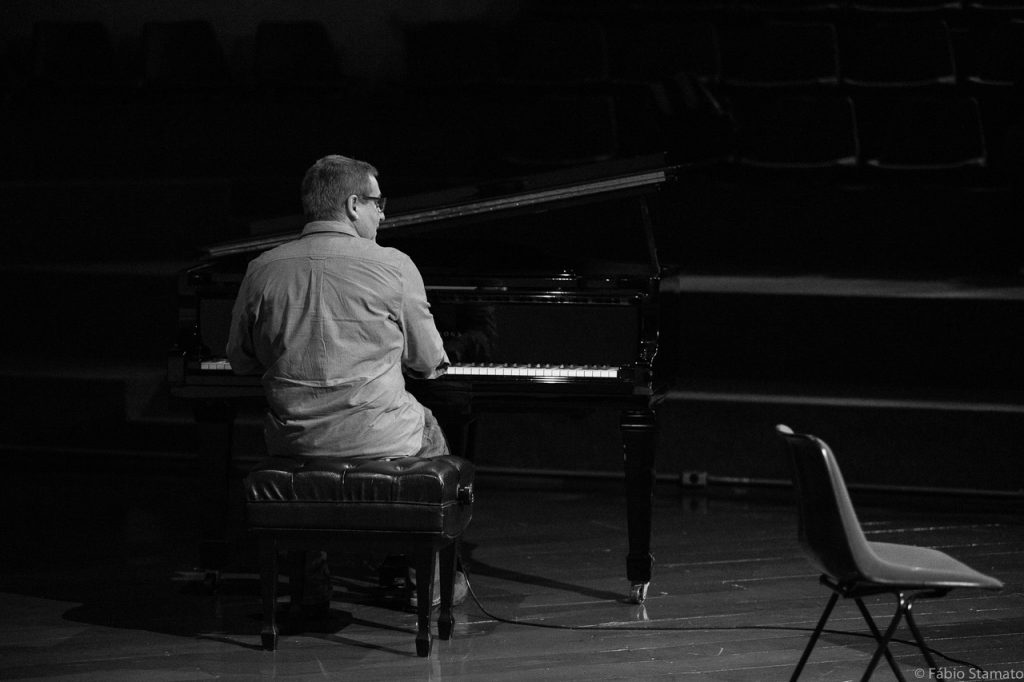
-Which Director inspires you the most?
I like directors who treat their work as a piece of art, Orson Wells, John Ford, Alfred Hitchcock, are remarkable directors, Christopher Nolan, Quentin Tarantino, and many others also inspire, there are so
many that it is difficult, I believe that today we have many directors spread out in many countries, With the ease of production and being able to show our films to the world, it helps us to show different
universes, and give voices to forgotten stories, and from countries that previously had no opportunity to tell them, like us in Brazil who have just received an Oscar this year, Walter Salles with the film
Ainda estou Aqui, represented us very well.
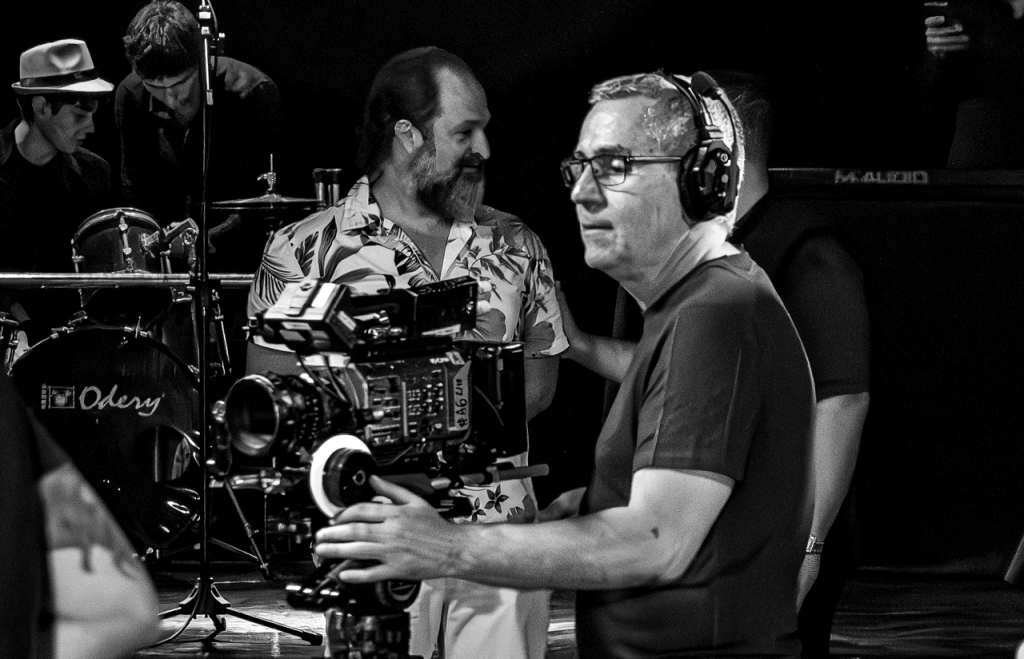
-What do you dislike about the world and what would you change?
These are difficult questions because each country has its own characteristics and we have different cultures and traditions, I believe that what we can change is what is close by, creating
conditions for us to have better living conditions, health, and access to culture, education, so I would change that, to be able to create conditions so that we can have more access to basic items and with
that create a society that can be more welcoming, but the difficulties are many, the more we know about our origins and past we see how far we still have to go, and art is one of the tools we can use to give
voice to this transformation.
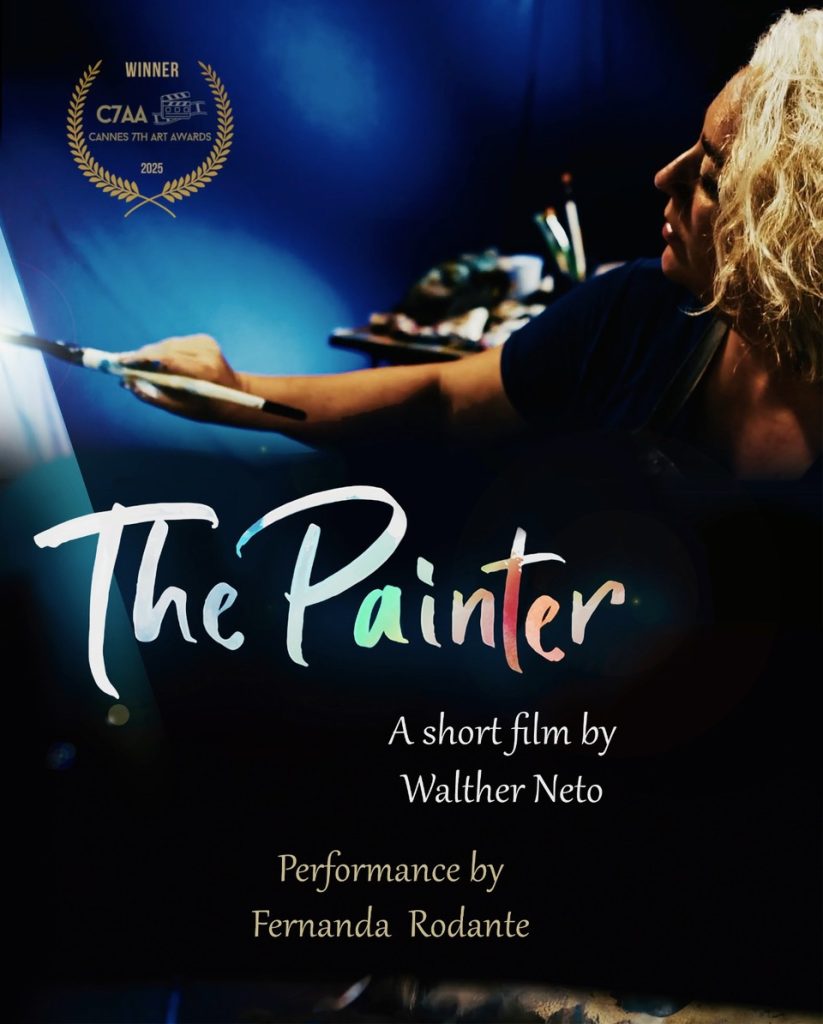
-How do you imagine cinema in 100 years?
Cinema as a form of expression will not die, it will only adapt to the technologies that we will develop. Cinema is art, the union of various expressions, and it will continue to transform and adapt, that’s what
I believe.
-What is your impression of WILD FILMMAKER?
Valuing cinema and its directors is one of the important roles you play, bringing different visions of directors who bring their characteristics, and opening spaces for their ideas. WILD FILMMAKER
plays an important role and should continue to bring quality information to the public.

